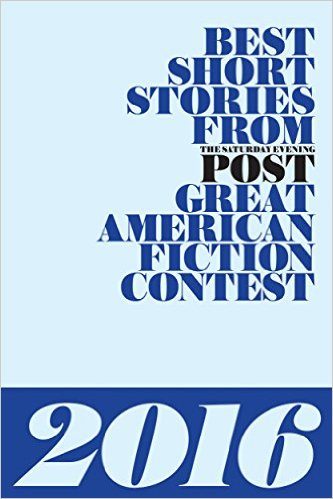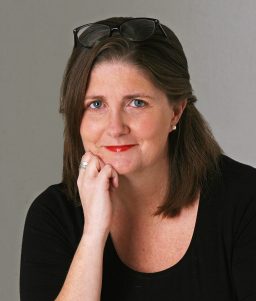A short story by alum Ian Randall Wilson (poetry, ’02) appears at Solstice:
On Friday, following a cold night, the thermometer outside the Theatre District branch of Peoples Bank read 90° at 9:03 A.M. Mayor Bloomberg was on time for the taping of his weekly address. Zwakker awoke in his hotel with the radio tuned to a Christian station demonizing Islam; he changed the time before he located the off switch. An unidentified homeless man collapsed on a sewer grate at the corner of Worth & Baxter blocking a bus heading uptown. On the local ABC affiliate, the meteorologist, determined to prove she had not been hired merely for the size of her breasts, speculated that the earth had swung on its axis, shifting toward the sun, which accounted for the high temperatures outside; the channel went to commercial. Babe Parrell took a taxi to LaGuardia Airport and was halfway there before she realized she’d left her tickets at home; she started laughing. Fares who laughed for no good reason made all Sri Lankan cab drivers uneasy. Traffic was backed up on the Bronx-Whitestone bridge. A car belching an exhaust of burned oil entered the Midtown Tunnel. Downstairs in the lobby of Zwakker’s hotel, Zwakker passed by a turbaned Sikh who was drawing glances, the wrappings on his head a magnificent shade of purple — to some. At the front desk, Zwakker reviewed each item on his bill, noting the .0125% increase in city taxes since his last visit. He went through the revolving front doors, a square of bloodied tissue staunching a cut chin.
Continue reading online…





